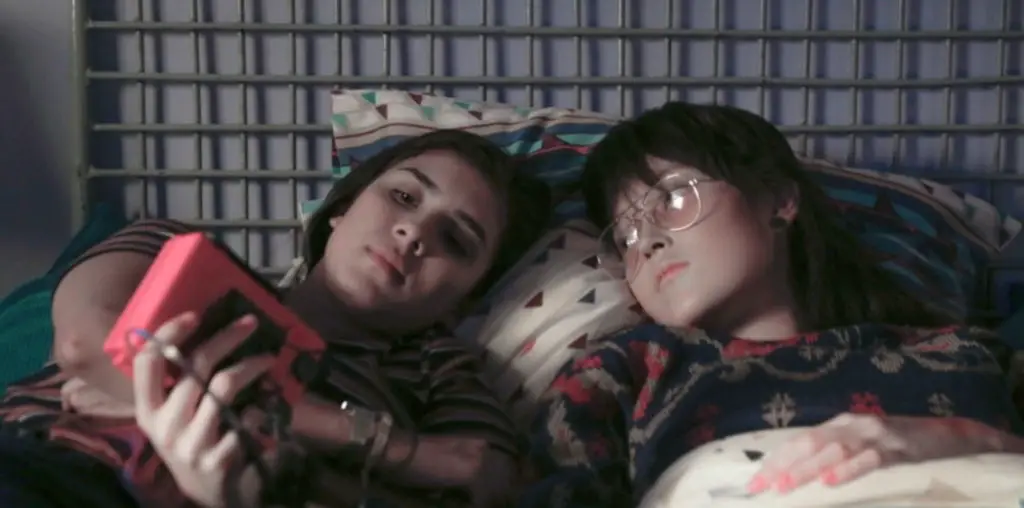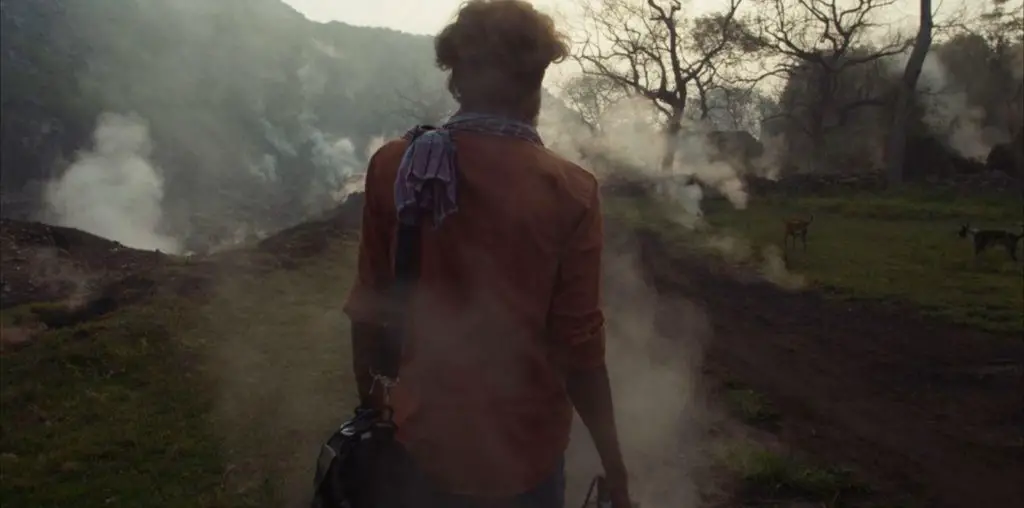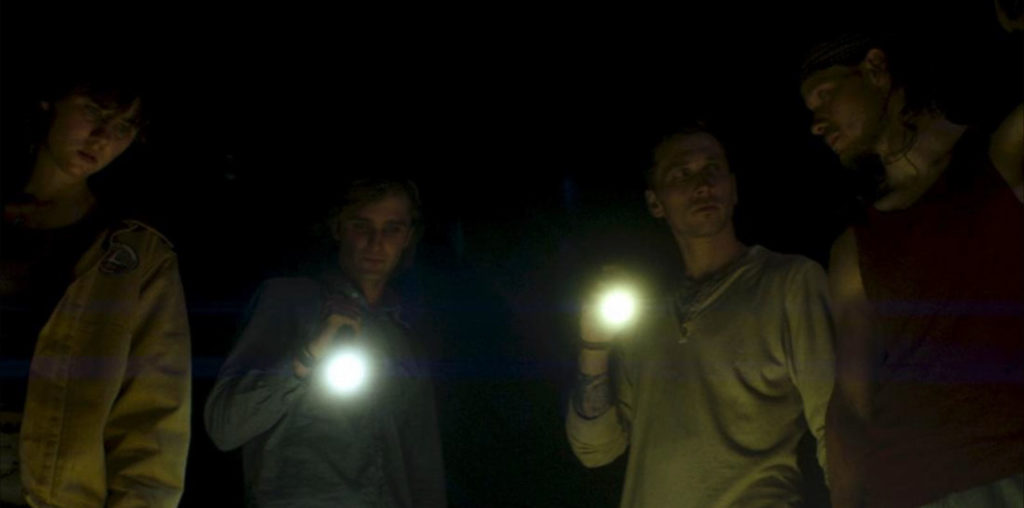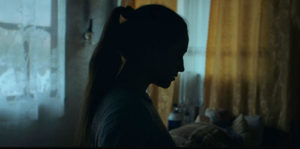
LOCARNO FILM FESTIVAL 2023 REVIEW! Ten years of Balkan Wars have left the region in pieces. Regional rivalries, the rise of warlords, and years of gunfights and conflicts have left the land in fear and apprehension. The lands are empty. Hardly any livestock is visible. The roads and houses are torn apart. Winter wreaks the dread of emptiness. War-weary soldiers carry rifles to hunt like helpless undead. Wide shots of isolated woods induce a quarantined vibe, while high-angle shots of exhumed graves spill open old wounds of war. The remaining population struggles for necessities. This is the backdrop of co-writer/director Fisnik Maxville’s The Land Within.
Cinematographer Yann Maritaud’s camera tries to capture all the intense imagery, which has a substantial calling to the thematic backdrop as well as the personal stories that unravel. The photographic expressions observed show that the filmmaker has a strong sense of visual storytelling. The opening text makes the audience aware of the war-ridden setting and its lasting impacts on the people in the region. Maxville and co-writer Mathilde Henzelin successfully raise the subsequent tension in the atmosphere and reflect the trauma, claustrophobia, and loneliness caused by it.
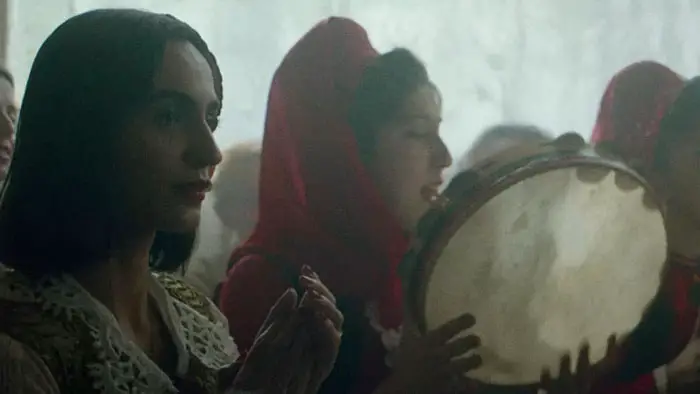
“…Remo must confront his past and regain his lost identity and connection to his motherland.”
While the backdrop and cinematography of The Land Within fill in the style, tone, and background, there is a personal arc that Maxville intends to communicate to the audience. Remo (Florist Bajgora) was adopted into the family by Skender 15 years before the war broke the region. He found his way into a humanitarian camp, leading him to find asylum in Geneva, where he has remained for a decade. With Skender on his deathbed, Remo revisits his town to a cold response from Skender’s daughter, Una (Luàna Bajrami). Now, Remo must confront his past and regain his lost identity and connection to his motherland.
The two protagonists resonate with different emotions and feelings associated with the psyche of war, tragedy, and trauma. Una was left behind in a war-torn country and was forced to take up arms as a teenager. Her personality is built upon conflict, leading her to isolation and loneliness. On the other hand, Remo, who unknowingly left town at the brink of war, feels the guilt of abandonment and has lived an equally traumatic life.
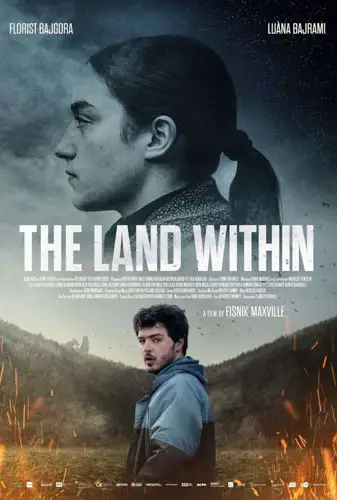
"…delves into the impact of the Balkan Wars on the regional people..."
